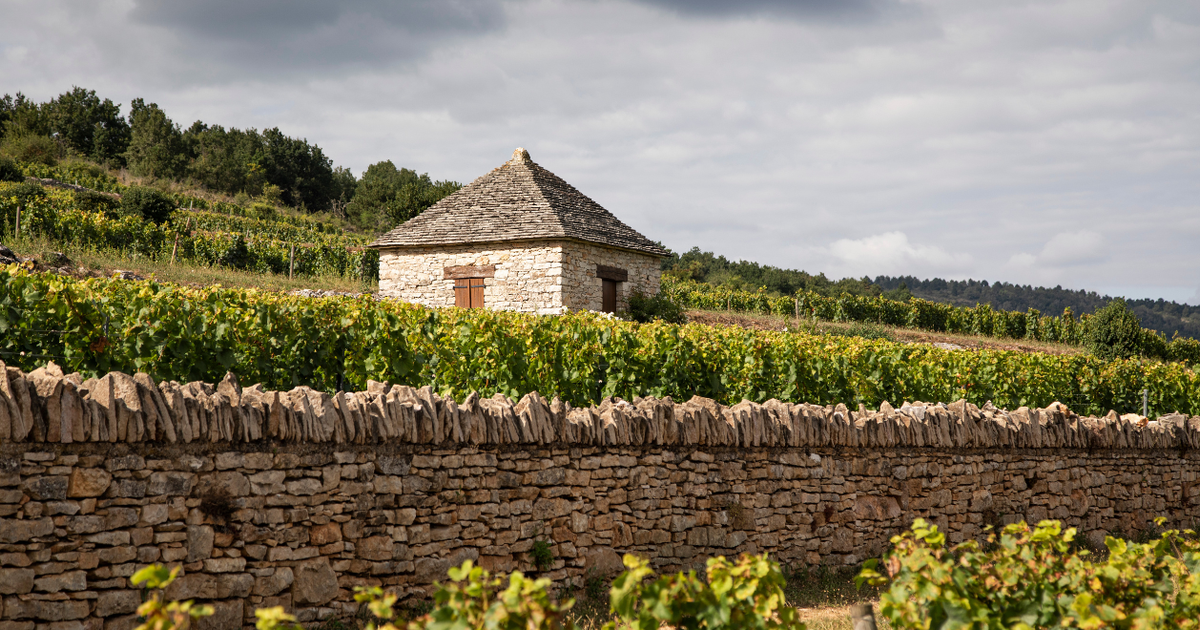Compared to skeletal scripts that seem to say much more than the little they actually express, and librettos with excess writing, in which everything is told, verbalized and explained, here is a script full of revealing silences, truly expressive looks and small gestures that involve complex interiorities. A visual story of exquisite mise-en-scène, which transcends the letter to embrace a concept as basic as in the background difficult to achieve: cinema.
More information
The actress Laia Costa looks into the abyss of a sentimental breakup in 'Els Encantants'
Els encantats (The Enchanted), Elena Trapé's third fiction film, led by another major interpretation by Laia Costa after that of Cinco lobitos, also develops a story of a young woman and mother with men in the background that breaks any expectations, both in the structure of the story and in the arc of the main character. The film opens in an unusual way: a long prologue in the city, perfect in the composition of its gaze, which shows with subtlety and without fuss a young family that has just broken up. A situation that Trapé and his magnificent interpreters show in the most subtle way (the downcast way of walking to the father's car, while the mother ties the little daughter in the seat), with the exact tone of disenchantment in the conversations, and with the crack open to a new life in solitude, but perhaps much more pleasant than the one left behind: A failed marriage for reasons that are never explained (for good), but in which everything is understood.
The late opening credits (almost 20 minutes?) give way to a new scenario, fully contemporary in Spanish cinema: the return to the village, where perhaps a way of being, feeling and enjoying was forged, and a succession of encounters with characters of all ages and conditions that, in essence, Nor do they help her much to that examination of conscience with herself, with an uncertain present and a future that she does not even glimpse. And there, again, Trapé escapes the usual script manuals, those that end any possibility of strangeness on the part of the receiver of the story. A spectator who, as soon as he has noticed what he has been seeing these years, will be waiting for the last relief of that mother ordered to the unspeakable, in need of affection and respect, but also of freedom. To that final shot so common in today's cinema, with the character sunk in his despair throughout the footage, which finally outlines a smile that calms the audience because it makes known that he will have a future at peace with himself.
However, Trapé puts his magnificent proposal on track from a very different place: with a monologue on the phone that, instead of closing fronts, opens others even more complex, and far from any gender Manichaeism. Thus shaping the rest of a life that will never cease to have vital crossroads around the most drastic decisions that can be made, for example, around the breakup of a family, or in front of men who shit almost at all times without even suspecting how they are shitting her.
More information
Read the film reviews
The mother-child relationships that dominate the film are thus accompanied by something as vaporous but as decisive as knowing exactly when you don't want to share your life with a person. After Blog (2010), a stimulating film set in ESO, and Las distancia (2018), a portrait of that generation of thirty-somethings with broken expectations and allergy to maturity, around a young pregnant woman, Trapé confirms her feminine solidity with one more step in Els encantats, the story of a young Spanish mother of today.
ELS ENCANTATS
Address: Elena Trapé.
Interpreters: Laia Costa, Daniel Pérez Prada, Pep Cruz, Ainara Elejalde.
Genre: drama. Spain, 2023.
Duration: 108 minutes.
Premiere: June 2.
Subscribe to continue reading
Read without limits
Read more
I'm already a subscriber

/cloudfront-eu-central-1.images.arcpublishing.com/prisa/EJSB6OW2E5AEZFLRQUG2BAJM6I.jpg)






